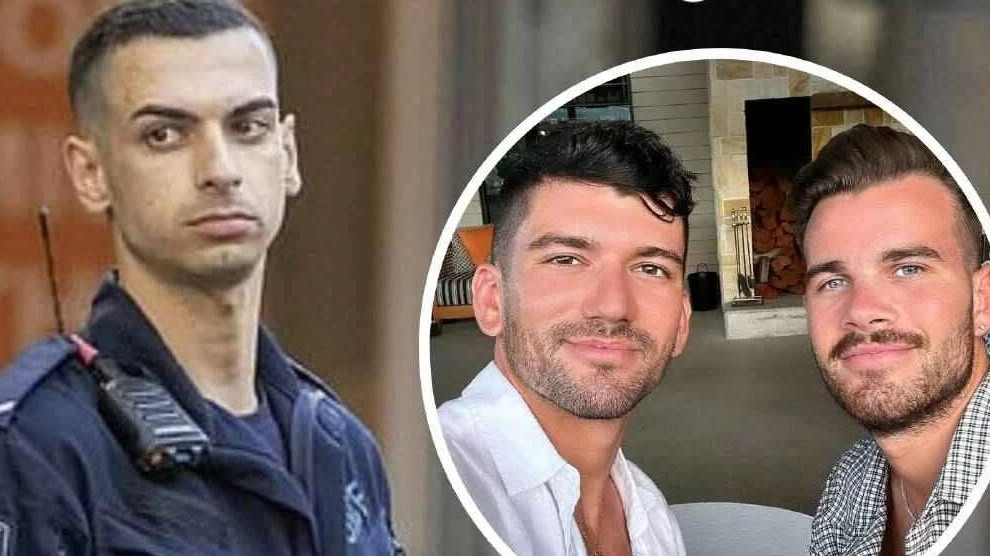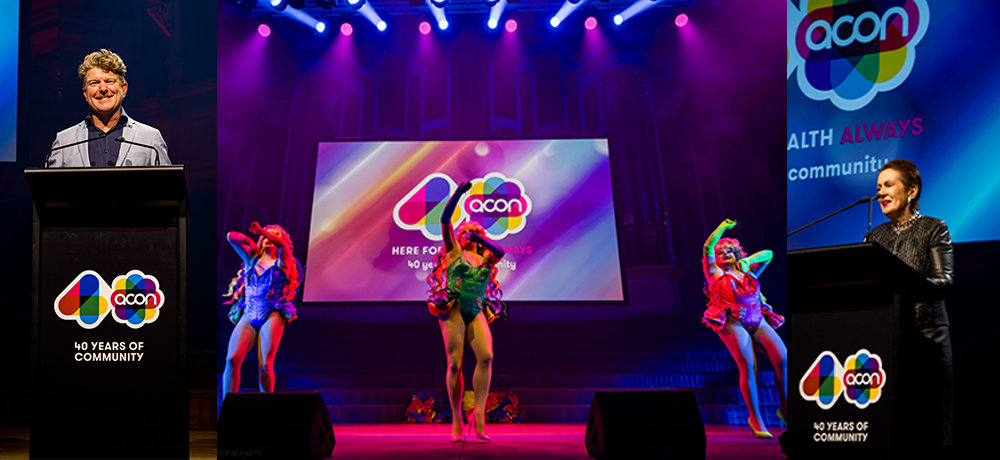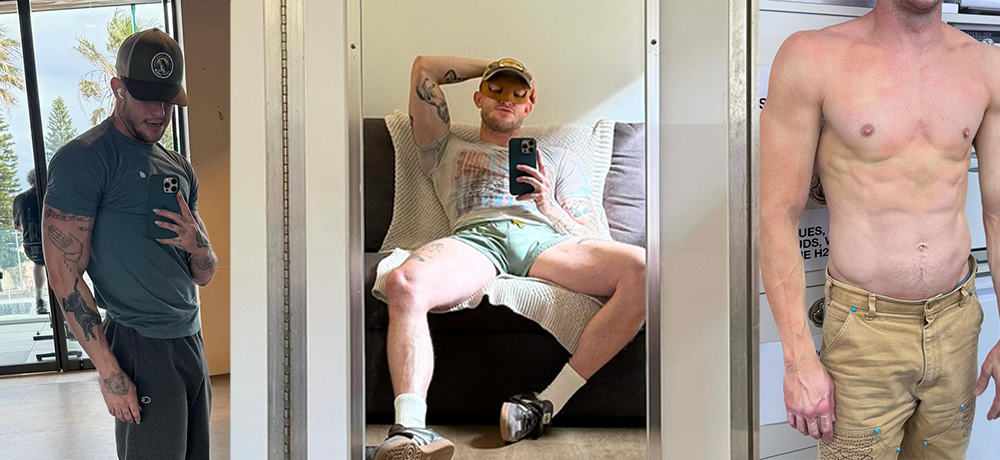
Researching gay shame
Does growing up in a straight world affect the wellbeing of gay men? How much pressure does a pervasive straight culture have on them?
These are questions being posed by a La Trobe University student hoping to research a link between shame and embarrassment in gay men.
Master of Counselling Psychology student Adam Becker says research suggests a proneness to shame and embarrassment can impact on the health and wellbeing of gay men, and can be associated with reduced self-esteem, anxiety, depression, and social isolation.
What I want to find out is how the experience of shame impacts on wellbeing. A lot of the research shows that, not just among gay men, but marginalised minority groups, the internalisation of the larger cultural norms lead to a shame-based identity or shame which can affect people’s wellbeing, he said.
I’m interested to sit down with gay men and talk to them about what their experience is in terms of shame and embarrassment linked to their sexuality.
Although the climate of fear around homosexuality has vastly changed over the last 20 years, Becker said shame around sexuality is still present.
People still -˜come out’ in an environment with larger cultural values around heterosexuality, so they’re still challenging cultural norms. When people are brought up, they internalise cultural barriers around heterosexuality being normal. When they go through the -˜coming out’ process they, to some extent, challenge those firmly held beliefs that can still reach a sense of shame.
The study is seeking a small sample group at first. Participants need to be over 18 years old and commit to one to two hours of two face-to-face interviews. Participants will remain anonymous.
Becker hopes the research will help further develop counselling and support services for gay men and foster an understanding of the influence shame can play in their daily lives.
I’m really interested in what it means for counselling with gay men, how we effectively work through issues of shame, and what it means for the knowledge of counsellors or psychologists, in the way we approach counselling.
info: To take part in the study, contact Adam on 0437 755 580 or abecker@students.latrobe.edu.au










In my 45 years on being on this earth as a gay male, I have had some experiences that most would forget. All you people are all boring me to tears. 75 percent of Aussies are OK with gays – thats complete bullshit and you know it!!! They are just afraid of being percieved as bigots or homophobic. Now since I am from the Gold Coast I recently read a Queensland marriage survey that 52 percent og Queenslanders support gay marriage – thats bullshit, we Queenslanders are “conservative” and “backward” – I bey only 39 percent support gay marriage in QLD (the figures always get exagerrated or fudged).
Note: Heterosexuals have anal sex as well!!!!! How can heterosexuals say that gay sex is sick, when they perform oral and anal sex as well – oh thats rights it is OK if with someone of the opposite sex?????
Im not Gay! My Boyfriend is!